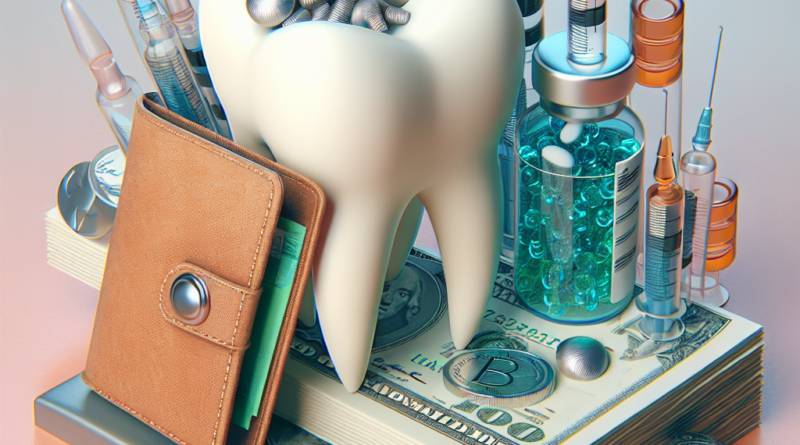A Breakthrough Drug for Tooth Regrowth: A Game Changer for Dental Costs?
The Future of Dentistry: Regrowing Teeth with a New Drug
When we think about teeth, we always consider the importance of prevention to avoid problems and prevent the loss of teeth.
Nowadays, when an adult tooth is extracted, the only way to replace it is by turning to a dentist who will provide an artificial implant.
This is the current practice in the field of dentistry.
However, a breakthrough made by the Japanese company Toregem Biopharma, a start-up from the University of Kyoto, promises to introduce a drug capable of regrowing teeth within a few years.
The company has announced that following successful experiments on animals, they are ready to start human trials in September.
This discovery has the potential to reshape the role of dentists.
Let’s take a closer look at how the drug works.
From 2030 onwards, the world’s first tooth regrowth drug
Starting from 2030, achieving a perfect set of teeth could be as simple as receiving an injection.
This breakthrough comes from Toregem Biopharma.
Researchers have found that the protein USAG-1 restricts tooth growth.
By inhibiting this protein, new tooth growth could be made possible according to experts.
The experiment has already been performed on animals by administering a monoclonal antibody, and the results are promising.
As the study authors describe, a single administration of the antibody was sufficient to stimulate the formation and growth of an entire tooth in a healthy mouse and to promote tooth formation in mice with specific mutations causing tooth agenesis.
Human trials will commence in September.
30 adults aged between 30 and 64 will participate in the test.
The requirement to access this experimental treatment is the absence of at least one posterior tooth.
The testing phase will conclude in August 2025, with the drug being administered intravenously.
Once the safety of the drug has been confirmed in adults, trials will also be carried out on children aged 2 to 7 who have been missing at least 4 teeth since birth.
If the drug successfully enters the market, it will be primarily aimed at children affected by agenesis, the absence of one or more teeth due to congenital reasons, hereditary factors, infections, traumas, nutritional deficiencies, or diseases of the neuroendocrine system.
If all goes well, from 2030 onwards, patients may undergo this treatment and witness their teeth regrowing.
This breakthrough could potentially reshape the role of dentists, who will have to adjust their clinical practice accordingly.
However, many still have doubts about the discovery and the effectiveness of the treatment.
Concerns revolve around not only the actual regrowth process but also whether the regrown tooth will have the same functionality and complex structure as natural teeth.
For more information, you can also read about the Dentist Bonus 2024 for free treatments or cost reimbursements.




